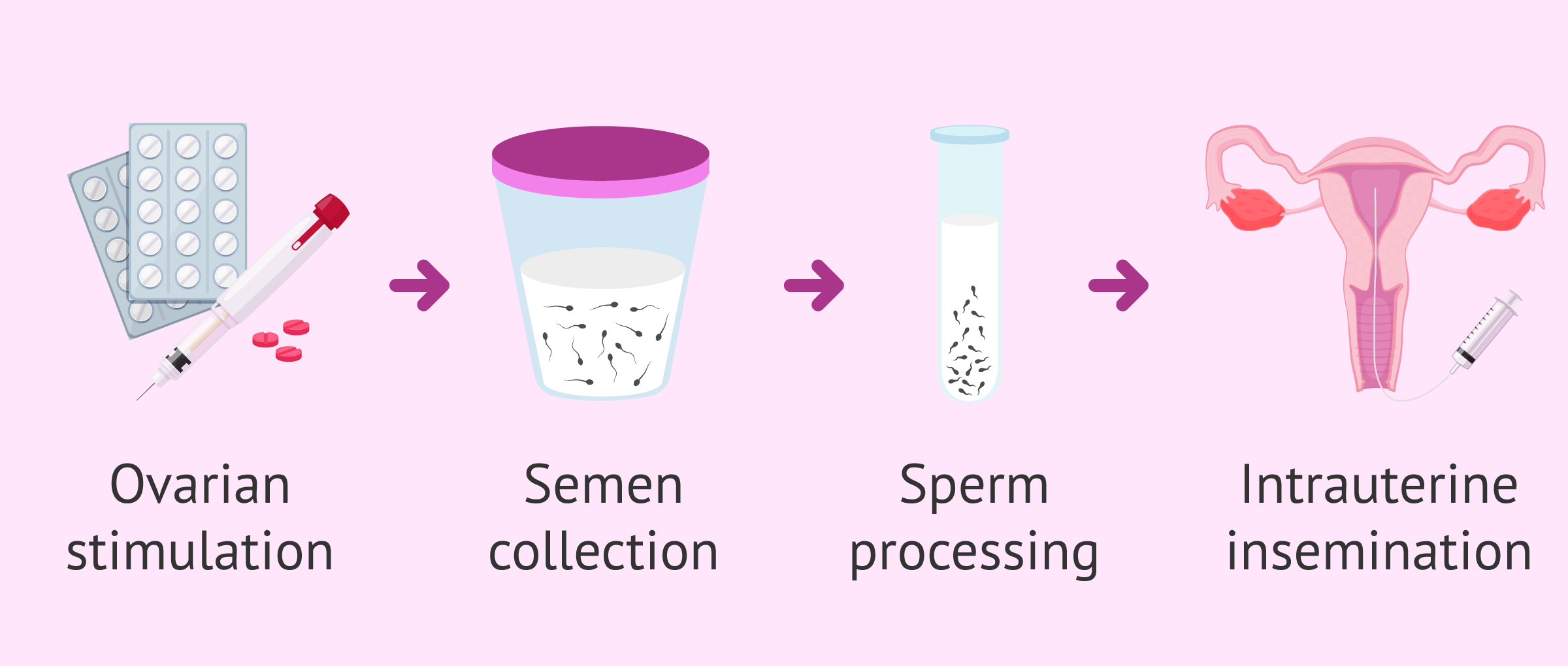Services
Vestibulum ac diam sit amet quam vehicula elementum sed sit amet dui. Curabitur non nulla sit amet nisl tempus convallis quis ac lectus. Quisque velit nisi, pretium ut lacinia

Therapeutic Exersice

Electrotherapy

Aquatic Therapy

Acupuncture

Rehabilitation

Feature Box
Our Therapists
Vestibulum ac diam sit amet quam vehicula elementum sed sit amet dui. Curabitur non nulla sit amet nisl tempus convallis quis ac lectus. Quisque velit nisi, pretium ut lacinia




Home Physical Therapy

Intrauterine insemination (IUI) is a first-level procedure used to treat certain forms of infertility. It involves introducing sperm directly into the woman's uterus to increase the chances of fertilization. This technique is often employed when there are issues with sperm quality, difficulties in sperm penetration through the cervical mucus, or unexplained infertility. IUI represents one of the first lines of treatment for many couples facing fertility issues, offering a less invasive and more accessible solution compared to more complex techniques.
Here is a detailed overview of the process:
Procedure
1. Ovulation Cycle Monitoring:
- The woman is monitored through ultrasounds and hormonal tests to determine the time of ovulation, as it is crucial to synchronize ovulation with the IUI procedure.
2. Sperm Sample Preparation:
- The sperm sample is collected and processed in the laboratory to select motile and healthy sperm, eliminating less viable sperm and other impurities.
3. Insemination:
- Using a thin catheter, the processed sperm is introduced directly into the woman’s uterus through the cervix.
Indications
IUI may be recommended in the following cases:
- Male Factor Infertility: Low sperm count, reduced motility, or morphological abnormalities.
- Unexplained Infertility: When there is no clear cause of infertility.
- Cervical Mucus Problems: Hostile cervical mucus preventing sperm from reaching the egg.
- Ejaculation Dysfunction: When the man has difficulty ejaculating normally.
- Mild Endometriosis: To improve the chances of fertilization compared to natural intercourse.
Success and Risks
- Success Rate: The success rate of IUI can vary based on several factors, such as the woman's age, sperm quality, and the cause of infertility. On average, the success rate per cycle is around 10-20%.
- Risks: IUI is generally safe, but it may carry some risks, such as infection, allergic reactions to the medications used to stimulate ovulation, and the possibility of multiple pregnancies.
Considerations
- Hormonal Treatments: The woman may often receive hormonal treatments to stimulate egg production.
- Cost: IUI is less expensive than other assisted reproductive techniques, such as in vitro fertilization (IVF).
- Repetition: The procedure may need to be repeated several times to increase the chances of success.



